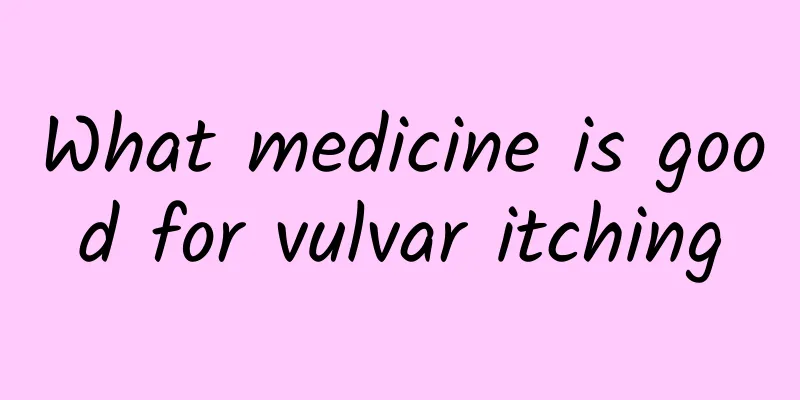Some patients may experience bleeding after vaginal medication. What is the reason?

|
Vaginal bleeding after medication may be caused by mucosal damage, or it may be caused by drug irritation or inflammatory infection. After vaginal bleeding, you must pay attention to the cleanliness of the vulva, and you can take appropriate oral anti-inflammatory drugs for treatment. You can temporarily stop using topical medications during treatment. Chronic vaginal inflammation generally requires the use of topical medications, which need to be inserted into the vagina by yourself, so that the medication can reach the affected area directly to control inflammation. Some patients will experience symptoms of vaginal bleeding after medication is placed. What is the cause of vaginal bleeding after medication is placed? |
<<: What is the vaginal mucosa and what tissues does it include?
>>: Can I get injections for dysmenorrhea? What are the side effects of injections for dysmenorrhea?
Recommend
There are many dangers for women suffering from adnexitis
How much do women know about adnexitis? Although ...
Can I eat corn if I have pelvic inflammatory disease? Improve immunity
Once you suffer from pelvic inflammatory disease,...
Irregular menstruation, how to calculate ovulation period
In order to prepare for pregnancy, many women wil...
What are the anti-inflammatory treatments for adnexitis?
The treatment of adnexitis is based on the princi...
What are the clinical features of vulvar leukoplakia?
Do you know what the clinical symptoms of vulvar ...
What are the precautions for women with ectopic pregnancy?
What are the precautions for women with ectopic p...
What does menstrual cramps feel like?
What does menstrual cramps feel like? Dysmenorrhe...
The main causes of dysmenorrhea
Many female friends have experienced dysmenorrhea...
Can I drink brown sugar water after hysteroscopic abortion?
After hysteroscopic abortion, you can drink brown...
Ointment for treating vulvar leukoplakia
Vulvar leukoplakia is a chronic skin disease, whi...
What are the symptoms of cervical erosion after abortion? Five symptoms of cervical erosion after abortion
Cervical erosion also has a great impact on women...
Can you get pregnant if you have sex during your period? What are the precautions during your period?
During menstruation, women need to pay more atten...
What are the key points for preventing cervical warts?
Cervical warts are a relatively harmful sexually ...
Extrauterine examination is the key to confirming the diagnosis
To confirm ectopic pregnancy, using data is the o...
The dangers of hyperprolactinemia
High prolactin is an endocrine disorder caused by...









